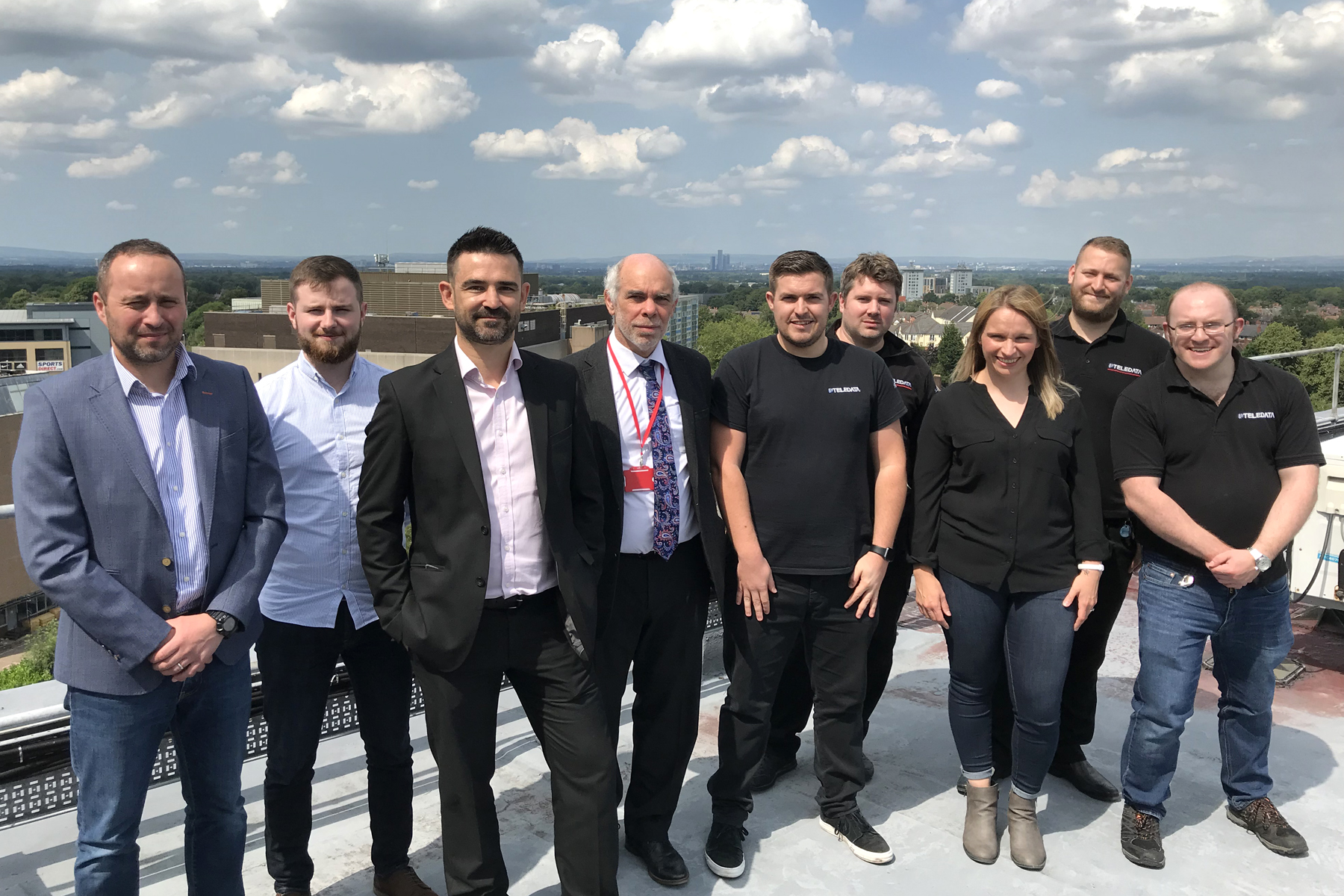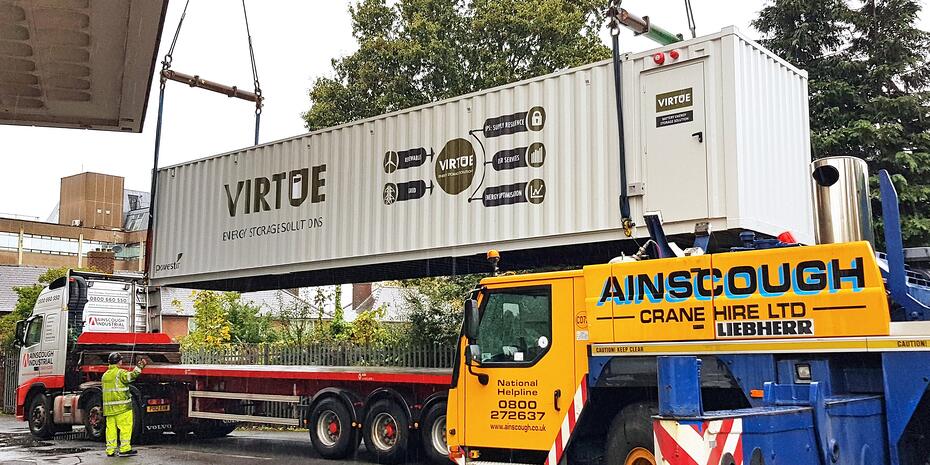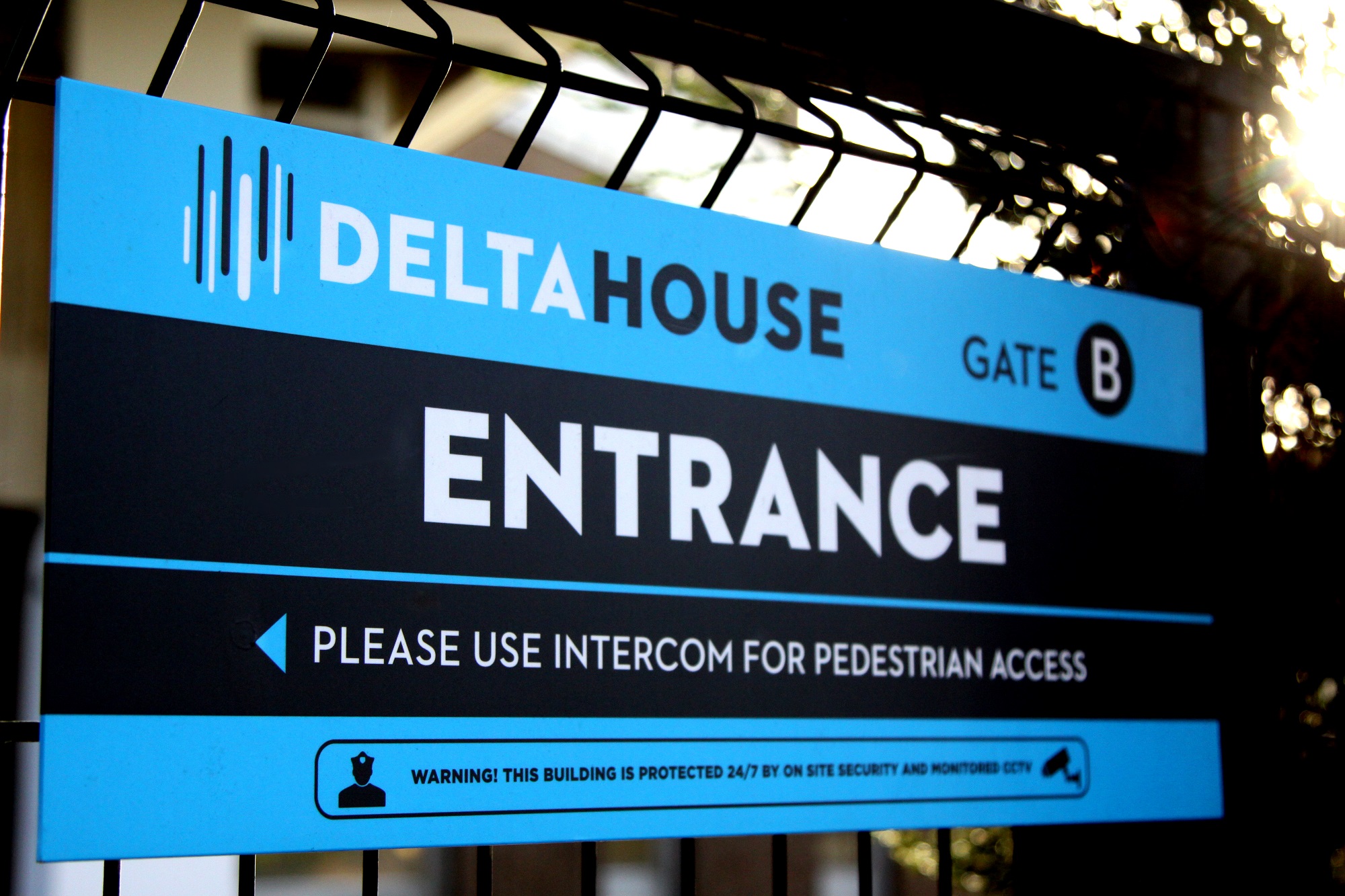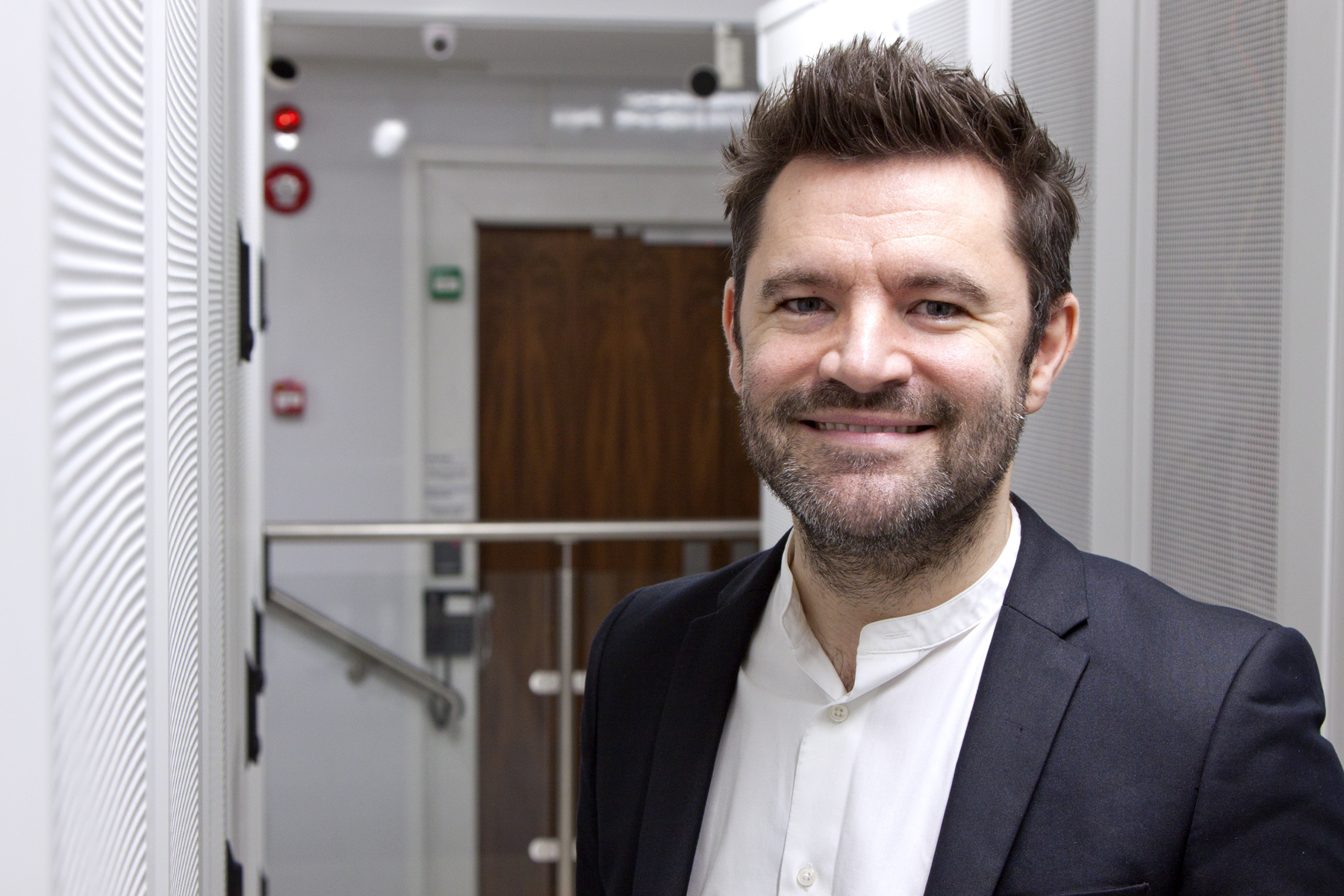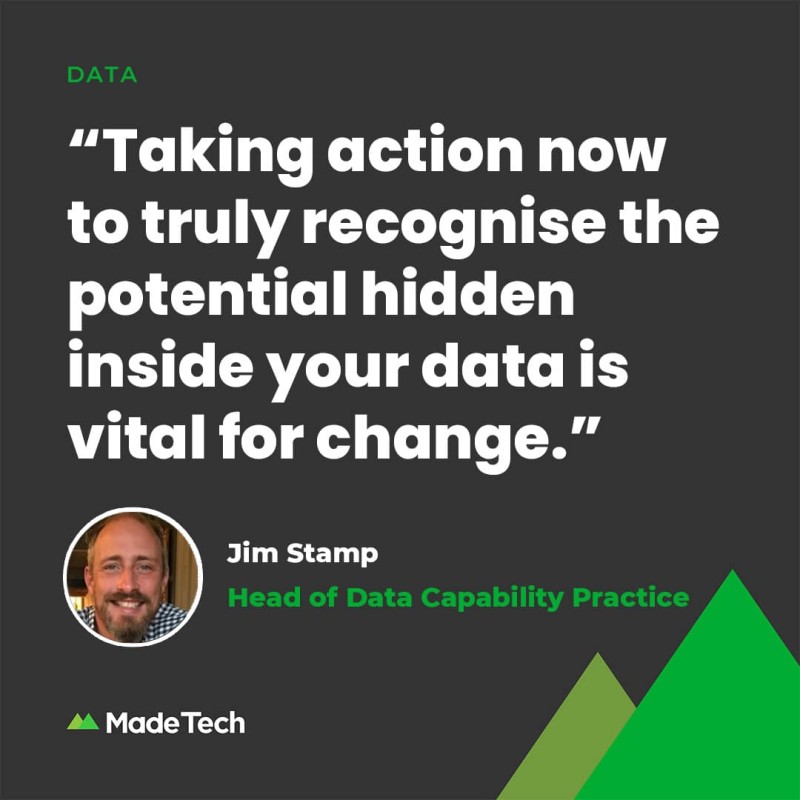
Data is crucial for our public sector organisations to make better, more informed and fairer decisions at a faster pace. So what’s the role of our leaders in the journey of transforming legacy data to real insights that improve citizen services? In this post I want to share some of the ways you can build a data-centric culture that supports your local communities and improves lives for residents at the same time.
Show impact to enable change
With clients we see a huge range of data maturities from those that are literally manipulating spreadsheets to those that have already got mature, machine-learning pipelines. For me, these are the extremes that really stand out.
On one end we see analysts doing the same thing every day. They produce the same set of reports, and we can see the pain in their eyes. The day you automate that report and allow them to think about something else, everything changes. Sharing and talking about this change across your organisation can have a huge impact and can really encourage momentum across teams.
At the other end of the maturity spectrum, we’ve witnessed machine learning enabled teams questioning the assumptions of c-suite members. Teams have deployed sophisticated regression backed models to production systems in days, not weeks, to prove their case. I can’t think of a better way of advertising your maturity to the rest of an organisation.
Seeing this kind of impact is why teams embrace change. If you can make sure you have a progressive change plan in place with a strong vision, you can push a unified team to really move towards it. Risk aversion is natural and it can be hard to avoid. But big, transformational change is necessary and we’re starting to see more of this over the last 2 years.
Invest in skills
There’s a shortage of professionals with the types of data and software engineering skills needed for the future. We’ve just started our academy for user-centred design, and now planning our first data academy too. We take graduates and career changers and cross-train them with the skills to become specialists. We will be showing them how they can use data science, engineering and analysis, preparing our team members to be ready for real-life projects.
We’ve had a lot of interest from clients because we’ve put their apprentices and graduates through our software academy. And now they have professional software engineers already trained and embedded in their teams.
It’s a really interesting model to use a professional services company to move enthusiastic people into the data space. You need to make sure you’ve got that flow of talent coming into an organisation with those skills, while investing in upskilling your current team too.
Build your data as a product
Now let’s go back to risk. Everyone in the sector feels the fear. For many there’s a constant worry of the impact of leaking the wrong data to the wrong audience. In the past we’ve tried to connect data up across projects and there’s often a hesitance to be the first one to start sharing. This causes a change paralysis across a lot of government services and that fear of risk is difficult to get over.
It all comes down to pushing past that fear. It’s really important to get your teams to take ownership of their data, design their data as a product and to think about the use of their data by people outside of the organisation as well as their own team. As with APIs, thinking primarily about how data is going to be consumed forces you to see and form them differently.
Once you’ve crossed that barrier you can truly begin designing ways to make your data as useful as possible. And if you can open up the door even slightly, there’s lots of technology you can draw upon to help you do it safely. The primary thing you can do is build your data as a product to be consumed, and that should encourage sharing across and between organisations.
Be brave!
To achieve this type of impact, leaders need to be brave, and nurture and support public sector teams. Taking action now to truly recognise the potential hidden inside your data is vital for change-ambition across our public sector.
If you’d prefer to see these ideas in a video, you can watch my original panel conversation from GovX Digital. And, if you’re looking for more content as it happens, subscribe to our Made Tech Insights newsletter to get new blog posts straight to your inbox.
Join our upcoming data event
Sign up for our upcoming event, Why do you need data? A collaboration story. You can attend via Zoom for free.
Date: Thursday, 28 July 2022
Time: 11:30am to 12:30pm BST
Save your seat
